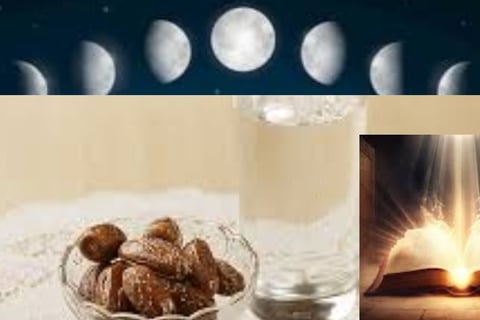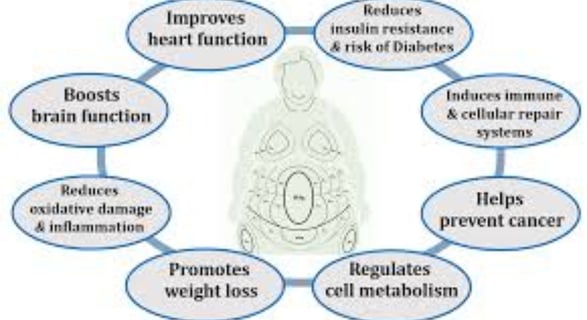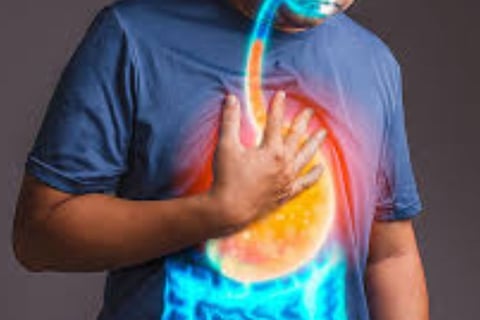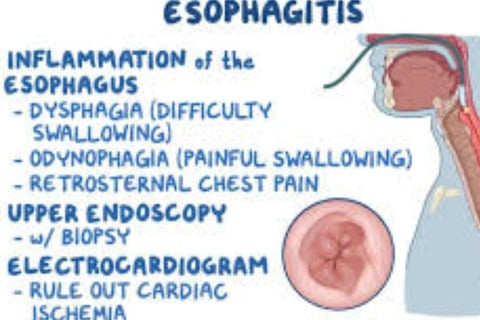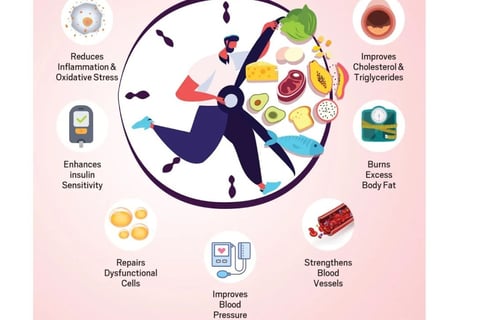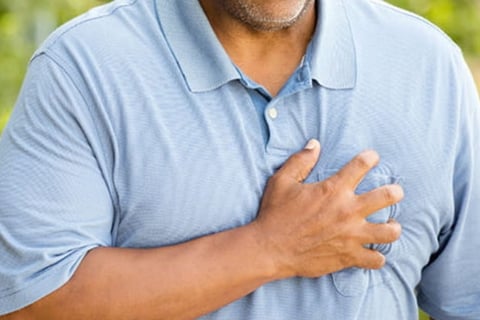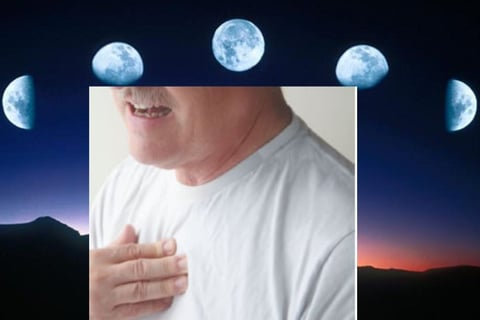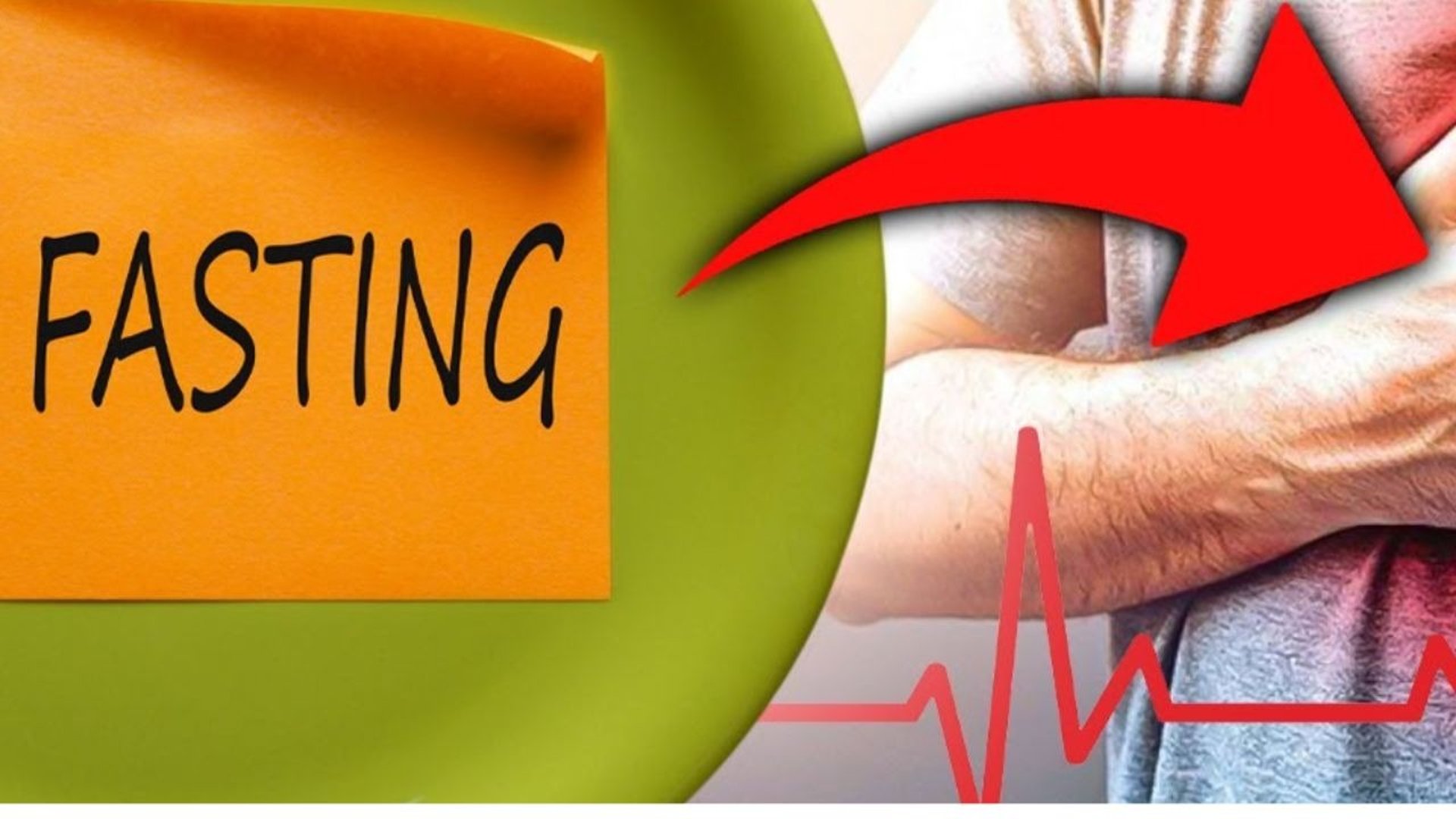
fasting on white days protect against chest problems
Discover the potential benefits of fasting on white days for preventing chest problems, respiratory diseases, heart diseases, and more. Learn about the impact of fasting on cortisone, prayer, and o...
CARDIOVASCULAR
dr hassan elwarraqi
5/14/2024
fasting on white days protect against chest problems
The Prophet, may God bless him and grant him peace, said: “Fasting three days of every month will go away the heat of the heart” (i.e., his anger and hatred)
This is the opinion of jurists, so what is the opinion of doctors
Fasting and its effect on chest problems
Fasting helps reduce the occurrence of allergic asthma attacks and bronchitis
Reducing the chances of developing pulmonary embolism and lung cancer
Chest allergies (bronchial asthma
Fasting reduces cholesterol and harmful fats, which contributes to stimulating blood circulation in the body and lungs, thus improving the performance of lung functions and raising the level of oxygen in the blood
Chest pain is a scary thing, especially when it resembles heart pain, and the cause of chest pain and discomfort is often problems in the digestive system
“Non-cardiac chest pain” is recurrent and chronic chest pain that appears to be in the heart, but cardiac tests prove that it is not. The location of the pain is usually behind the breastbone (sternum), and near the heart
Acid reflux into the esophagus: “Gastroesophageal reflux disease (GERD)” is the most common cause of non-cardiac chest pain, reflux (regurgitation) of acidic food or liquids into the mouth, pain in the upper abdomen or chest, difficulty swallowing, and a feeling of Lump in the throat
Stomach ulcers and infections: “duodenum”, and each of them can sometimes cause symptoms similar to those of angina or a heart attack
In fact, the pain resulting from a stomach (or duodenal) ulcer is described as a sharp or stinging pain in the stomach area, but it may sometimes cause chest pain. There may also be a rapid heartbeat or palpitations
The pain moves from the source area to other distant parts of the body, such as the neck, back, and left arm
Increased cortisol, which causes the heart rate to increase significantly
The “classic” symptoms of IBS, such as abdominal pain, bloating, flatulence, and bouts of constipation and diarrhea, tend to be triggered by stress, and can be worsened after meals
It causes gas pain that a patient may feel in the chest. It may be difficult to know whether a person is experiencing chest pain due to gas, other conditions such as acid reflux, or something more serious such as a heart attack
Such as lower back pain, constant lethargy, chest pain, urinary frequency or urgency, and in females, gynecological symptoms
Esophageal muscle spasms: Esophageal spasms are abnormal, painful or squeezing contractions that occur inside the esophageal tube. The esophagus is basically a muscular tube, and its primary function is to transport food from the mouth to the stomach
Severe chest pain (chest squeeze). This may last from a few minutes to several hours. Some people may confuse this pain with angina pectoris pain. There is also difficulty swallowing foods and liquids, which is sometimes related to swallowing certain types. Most of these types are very hot or cold liquids. Also the feeling that something is stuck in the throat
Esophageal Hypersensitivity: A functional sensory disorder in which the muscles, nerves, and receptors in the wall of the esophagus are excessively sensitive
Patients who have normal gastroesophagoscopy results, a normal esophageal tissue biopsy sample, and normal gastric acidity, yet have hypersensitivity of the esophagus to acids
(Functional Heartburn)", more than 90 percent of the causes of suffering from heartburn that do not respond to taking medications to reduce stomach acid production twice a day (and not just once a day as usual), which are known as "proton pump inhibitor medications.” Pump
It is often associated with some type of comorbid psychiatric disorder
Esophagitis: It is an irritation of the esophagus, and it can cause chest pain when eating, especially behind the sternum, as well as difficulty and pain in swallowing. Stomach acids reflux into the esophagus, exposure to microbial infections, incorrect intake of oral medications, and allergies
Another reason is the sliding of the upper part of the stomach into the chest (above the diaphragm), and this is known as a hiatal hernia, which leads to gastroesophageal reflux
“Eosinophilic esophagitis,” which occurs when there is a high concentration of eosinophils (a type of white blood cell) in the esophagus. It most often occurs in response to an allergen, such as dairy foods, eggs, wheat, soy, pistachios, and seafood. Or due to other types of allergies not related to eating certain foods
Other times, this inflammation of the esophagus occurs as a result of taking some types of medications. If one of us swallows a tablet of medicine with a small amount of water or without water, the tablet itself or part of it may get stuck inside the esophagus, such as the painkillers aspirin and ibuprofen, and antibiotics, such as tetracycline and doxycycline. The presence of a bacterial, viral, or fungal infection in the esophageal tissue may lead to esophagitis
Pancreas and Gallbladder: Acute pancreatitis is usually caused by gallstones or large amounts of alcohol
Often with high blood triglycerides. A person may notice pain in the upper abdomen, which may begin suddenly or slowly, and be mild or severe, and last for several days, as well as abdominal bloating, vomiting, nausea, pain extending to the back, and also chest pain
If you have pain in the lower chest that gets worse when lying down or leaning forward, the problem may be in the pancreas. Located in the upper left side of the abdomen. The pain also gets worse after eating, and one may become dizzy when standing
Chest pain can also be a sign of gallbladder problems, especially if the pain appears in the lower chest or upper chest areaTo the right side of the abdomen, after eating a heavy meal. Additional symptoms include nausea, fever, chills, urine that is darker than usual, and changes in bowel movements (light-colored stools or diarrhea)
Reducing the risk of heart failure
Reducing and controlling blood pressure
Reducing the level of harmful cholesterol and increasing the levels of beneficial cholesterol, which will contribute to a lower risk of atherosclerosis and coronary heart disease
Contributing to weight loss for heart patients, which will reflect positively on heart health and functions
Fasting increases the health of the heart and its vessels and improves its functions, as fasting greatly protects the heart from heart attacks
In addition, fasting greatly helps prevent heart failure
Reducing heart diseases resulting from high blood pressure
Especially since fasting greatly improves the heartbeat and its regularity. Let us not forget the influence of the Qur’an and prayer
keywords
Does fasting on white days, cause chest problems, respiratory diseases, heart diseases, psychological diseases, fasting, cortisone, prayer, the Qur’an,heart attacks,allergic asthma attacks,heart failure,

